23 Amazing Benefits Of Squash For Skin, Hair, And Health
A versatile and power-packed fruit that boosts your immunity and improves your health.

Image: Shutterstock
Squash belongs to the Cucurbitaceae family of vegetables and includes all sorts of pumpkins, melons, zucchinis, etc. While you might be using them often in your diet, are you aware of the various ways squash benefits your health and immunity? While there are many varieties of squashes, commonly classified under summer squash and winter squash, they are all quite similar in their nutritional content and hence their respective benefits! This article delves into the many health benefits of squash. It highlights its rich nutritional content and offers different preparation methods, making a strong case for why this versatile vegetable deserves a place in your regular diet. Read on to know more about all the ways squash benefits your health and immunity!

 Know Your Ingredient: Squash
Know Your Ingredient: SquashWhat Is It?
Biologically, a fruit that belongs to a plant family. It is often cooked as a vegetable owing to its savory taste.
What Are Its Benefits?
It helps improve heart health, aids weight loss, boosts the immune system, and increases hair growth.
Who Can Consume It?
All except diabetic patients.
How Often?
Regularly, up to three portions a day.
Caution
May elevate blood sugar levels in some individuals.
In This Article
Types Of Squashes
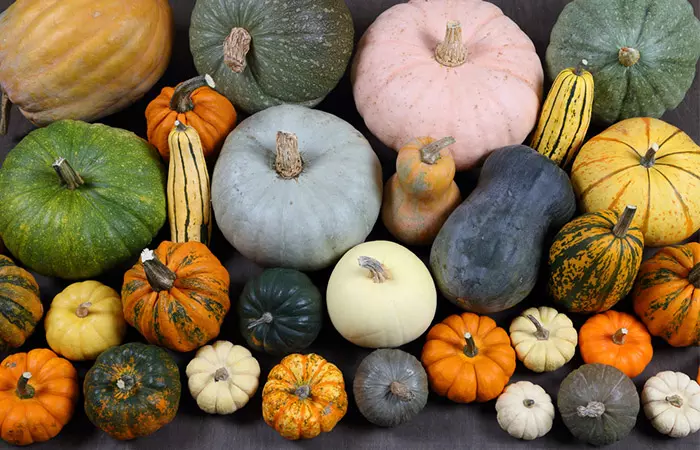
1. Summer Squash: This variety is less mature and smaller in size, and should be eaten sooner. There are generally four types of summer squash, crookneck, zucchini (green and yellow), straight neck, and scallop (pattypan). They have thin edible skin and tender flesh that has high water content with a sweet and mild flavor. Their soft seeds are rich in vitamins A and C, and niacini An organic compound and a form of vitamin B found in plants and animals that keeps the nervous system, skin, and digestive system healthy. . The best ones are small in size (about 4 to 6 ounces each) with blemish-free skin. They should be refrigerated in a plastic bag for no more than five days.
2. Winter Squash: Contrary to its name, winter squash is a warm-weather crop. The name has been derived because they can be stored throughout the winter. The common types of winter squash include spaghetti squash, acorn squash, and pumpkins. Winter squash is more mature and can be stored and can be used later. They have hard, thick skins and seeds and a high content of vitamins A and C, iron, and riboflavini A water-soluble vitamin that the body releases via urine except a small amount required for cell growth and energy production. . They have firmer flesh and their skin is inedible. So they are required to be peeled before cooking. They consume more time to get cooked. The best ones are those which are heavy in size and have hard, deep-colored blemish-free skin. They can be stored unrefrigerated in a cool dark place for a month.
Both summer and winter squashes are extremely versatile. They are a healthy choice to replace foods that are high in calories and cholesterol. Spaghetti squash can be a good low-calorie substitute for pasta. Similarly, thin slices of squash can be added to sandwiches or sprinkled on salads. These vegetables can also be pureed to make a highly nutritious and delicious squash soup. Winter squash can be roasted in the oven with maple syrup. Desserts like squash pudding can also be prepared using squash.
3. Acorn: With a moist, fleshy, fibrous yellow orangey interior and a ribbed, dark green orangey hard but edible rind, this squash justifies its name with its small, acorn-like structure and is the most commonly available squash throughout the year.
4. Butter Nut: This bell-shaped, long-footed, thin-skinned, butterscotch-colored squash with a creamy, dense interior is one of the most liked varieties of winter squashes. There are many benefits of butternut squash, thanks to its high content of vitamins A and C.
5. Hubbard: Hubbard Squash is the largest winter variety of squash which has an orange to dark gray colored hard skin and sweet and savory yellow-colored flesh inside. It is sugary in nature and is ideal for pie filling and purees.
6. Pumpkin: A bright orange-tinted skin and light orange, dense, mellow sweet flesh, this tasty and healthy squash weighs from 2 to 8 pounds and is used to make pie fillings, ketchup, etc.
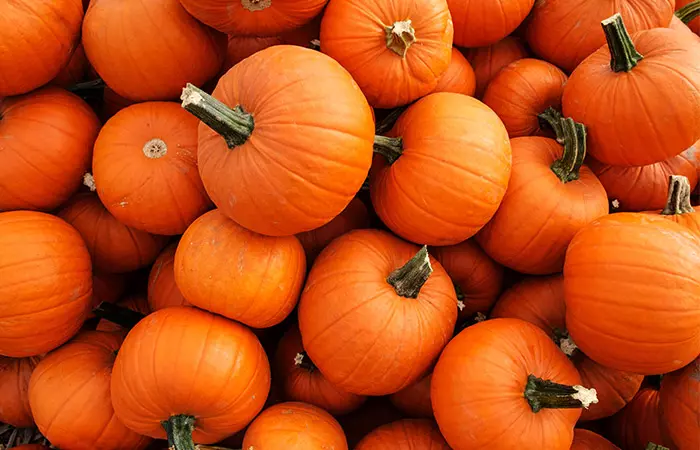
7. Spaghetti: This is an oval, yellow-colored, stringy fleshed, mild-tasting squash. The flesh when cooked separates into spaghetti-looking strands and hence justifies the name of this squash.
8. Zucchini: Zucchini or courgette is a light or dark green-colored, highly nutritional squash that is treated as a vegetable and is an ingredient in many savory dishes. The uncountable benefits of zucchini have made it a popular choice for squash preparation.
9. Patty Pan: Pattypan Squash or yellow squash is a small, circular, and shallow-shaped squash with scalloped or curved edges and a green, white or yellow colored covering. It is a storehouse of essential vitamins and minerals that render numerous health benefits when consumed. The prominent benefits of yellow squash include aiding weight loss and improving gut health.
10. Delicata: Delicata squash, Bohemian squash, peanut squash, or sweet potato squash, this oblong variety of squash with its lemon tinted and green orangey streaked, edible outer cover and soft, creamy and sweet potato tasting inner pulp, make it an ideal choice for stuffing and roasting. This belongs to the family of summer squash, but some consider it to be a winter squash.
11. Yellow Crookneck: This squash has a ‘crooked neck’ or a curved stem end and yellow skin and flesh. This is one of the most popular summer squashes.
12. Tromboncino: A one-foot-long, pale green-colored, heirloom plant from Liguria, also known as zuchetta, has greater pest-resistant properties compared to other squash. It is slower in growth than other squashes but remains popular in Italy and abroad.
 Trivia
TriviaKey Takeaways
- Squash has a high water and nutrient content, which is useful to keep the skin hydrated.
- It has a low-fat content and contains antioxidants that are beneficial for heart health and weight loss.
- It protects the skin from damage from UV rays and prevents premature aging of the skin.
- Squash aids hair growth and reduces breakage.
Health Benefits Of Squash
Is squash good for you? Yes! Squash is a nutrient-rich vegetable. Summer squash generally has higher water content than denser varieties of winter squash. Hence, winter squash is considered more nutritious. However, both varieties of squash offer various health benefits.
1. Beneficial For Heart
Yellow squash can reduce the risk of heart disease, as it contains negligible fat and almost no cholesterol. It also contains magnesium which has been shown to reduce the risk of heart attack and stroke. Magnesium along with potassium helps in reducing high blood pressure, whereas vitamin C and beta-carotene levels aid in preventing the oxidation of cholesterol. These nutrients abate the development of atherosclerosisi Thickening of inner artery walls with plaque build ups that causes high cholesterol, obesity, diabetes, and high blood pressure. by preventing the build-up of oxidized cholesterol in the walls of the blood vessels.
The vitamin folate present in yellow squash helps in removing the unhealthy metabolism byproduct called homocysteine responsible for heart attack and stroke. Moreover, yellow squash is particularly rich in folate which lowers cholesterol levels. This reduces the risk of atherosclerosis and heart disease.
2. Good for Weight Loss
Summer squash for weight loss is a very good choice, as it is fat-free and very low in calories. A cup of yellow squash contains about 36 calories, 7 grams of carbohydrates, 1 gram of protein, and less than 1 gram of fat, besides being cholesterol-free. It derives its few calories from its carbohydrate content which is also quite low. Hence, you can replace higher-calorie vegetables like potatoes and corn with yellow squash if you want to lose weight. It helps improve your confidence and self-esteem in the long run.
3. Prevents Cancer
Summer squash has a high content of antioxidants which help in eliminating free radicals from the body. The high levels of beta-carotene provide protection from pollutants and chemicals that can lead to cancer. It is also a rich source of vitamin C, which prevents premature aging and cancer as well as inhibits cell division. It also contains vitamin A which provides protection against lungs and oral cavity cancers.
4. Healthy Bones
Yellow squash contains abundant amounts of manganese and vitamin C. Manganese helps in maintaining healthy bone structure, calcium absorption, enzyme creation, and bone-building as well as improves the mineral density of the spinal column. Vitamin c is involved in the production of collagen, which is vital for building bone mass. Magnesium also contributes to joint and bone health. Other minerals in squash such as iron, folate, zinc, and phosphorus contribute to the mineral health of bones and provide protection against osteoporosis. Healthier bones may improve your coordination, reaction time, flexibility, endurance, and agility.
5. Eye Health
Summer squash contains high amounts of beta-carotene and lutein. Dietary lutein plays an important role in preventing the onset of cataracts and macular degenerationi A common eye disease in old age that affects the retina and causes blurry central vision or a blind spot. , which often leads to blindness. A cup of summer squash contains about 135 milligrams of beta carotene and 2400 micrograms of lutein. Carotenoids found in winter squash also reduce the risk of macular degeneration.
6. Good For Colon Health
The abundant content of fiber in yellow squash makes it beneficial for colon health. Fiber helps in the excretion of toxins from the body and maintains colon health by preventing constipation. A cup of yellow squash provides about 2.52 grams of fiber.
7. Maintains Prostate Health
Yellow squash is effective in alleviating the symptoms of a condition called benign prostatic hypertrophy or BPH. This disease is characterized by a problematically enlarged prostate gland that causes difficulties in both urinary and sexual functions.
8. Reduces PMS Symptoms
Summer squash is a good source of manganese. A study proved that the women who consumed high amounts of this mineral as part of their daily diet experienced lesser mood swings and cramps than others. Thus, eating squash is a great way to increase your intake of magnesium.

9. Boosts The Immune System
Vitamin C in squash boosts the immune system, in a way preventing colds and fighting allergies. The rinds of a few varieties of squash are a rich source of fiber, which aids in proper digestion and can prevent many types of diseases. Thus, you should consider eating the peel or rind along with the squash to avail these benefits.
10. Vitamin-Rich
Summer squash is especially rich in vitamins like Vitamin C, and Vitamin A, and other minerals like magnesium, folate, copper, riboflavin, and phosphorus. It has a high concentration of carotenoids, like beta-carotene. Summer squash also contains a high amount of potassium and manganese, which help balance fluids and process glucose. Summer squash is rich in other essential nutrients like dietary fiber as well.
11. Low-Calorie Count
Summer squashes are low in calories. The carbohydrate content is also quite low. Moreover, it does not contain any cholesterol. So, if you are looking to get into shape, summer squash is the best choice for you.
12. Prevents Constipation
The high-fiber content promotes colon health and prevents constipation. So, if you are suffering from constipation, you can have summer squash for stress relief as it can be highly stressful for your digestive system and even affect your mental health.
13. Vegetable Source Of Protein
A lot of people resort to animal meat for meeting the protein requirements of their bodies. However, with animal meat, you often get fat. Acorn squash can serve as a vegetable source of protein. While its protein content is not very high, you may eat it to supplement your overall protein intake
14. Provides A Boost To Digestion
Doctors recommend that you should consume plenty of fiber-rich foods to augment the body’s digestion process (1). Acorn squash contains good amounts of dietary fiber, and you can include it in your diet to facilitate bowel movements. Its consumption can help relieve symptoms of digestion-related problems and conditions like constipation and bloating.
15. Helps Fight Diabetes
The dietary fiber in this vegetable also helps you fight elevated blood sugar levels. This way, it can help resist the onset of diabetes.
16. Regulates Blood Pressure
This vegetable is rich in potassium (2). Intake of this mineral can help in the relaxation of blood vessels and arteries. It effectively reduces high blood pressure. Potassium is also required by the body for fluid balance in tissues and cells.
The vegetable also contains magnesium, and this mineral essentially helps in the absorption of potassium. It contains zinc, which also plays a role in maintaining normal blood pressure in the human body.
17. Antioxidant Benefits
Acorn squash is rich in antioxidants like beta carotene and vitamin C (2). This helps the body to counter the damaging effects of free radicals. So, you can fight off signs of skin aging and other cognitive disorders that are triggered by exposure to free radicals.
18. Reduces Cholesterol Levels
The fact that butternut squash is high in fiber is a clear indication that it can lower and maintain your cholesterol levels. Cholesterol is one of the reasons for cardiovascular disease and stroke. Hence, you can manage your cholesterol levels better if you eat butternut squash on a regular basis (3).
19. Asthma Prevention
Beta-carotene is an antioxidant. This antioxidant is present in high levels in butternut squash. Studies have found people who have a high intake of beta-carotene have a lower risk of developing asthma (4). So, now you know this delicious orange vegetable can prevent the onset of asthma in you or your loved ones.
20. Improvement In Muscle Contraction And Transportation Of Nerve Impulses
Butternut squash contains three very important electrolytes, namely calcium, potassium, and magnesium. These electrolytes aid in the contraction of muscles and also help in stimulating nerve impulses. These minerals help greatly if you suffer from muscle cramps (5). Potassium helps to start those electrical impulses that help in regulating your heartbeat while in conjunction with sodium it helps stimulate muscle contraction. On the other hand, magnesium is known to relax heart muscles, whereas calcium is responsible for their contraction.
Skin Benefits Of Squash
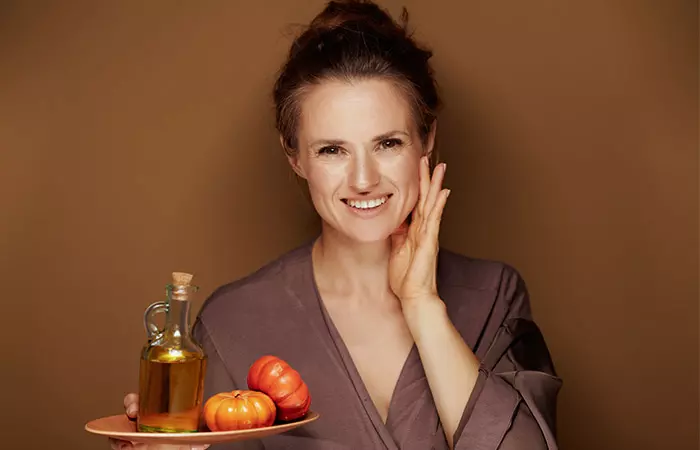
We all wish to have flawless glowing skin. However, the pressures of modern life have their own effect on your skin, thereby causing various skin problems. These problems can be attributed to various factors such as exposure to UV rays and harmful chemicals, unhealthy lifestyle, prolonged illness, etc. A balanced diet greatly helps in providing certain vital nutrients that can keep your skin healthy. Vegetables, in general, are good for the skin and squash is one of them. Being rich in vitamins, minerals, and antioxidants, squash is quite beneficial for your skin.
21. Maintains Healthy Skin
As stated earlier, squash is an excellent source of vitamin A. It has beta-carotene that gets converted into vitamin A within the body. Being a powerful antioxidant, vitamin A is required for maintaining proper health and integrity of the skin.
22. Prevents Skin Aging
One of the essential benefits of squash includes protection against the damaging effects of sun exposure and preventing dehydration. Moreover, it contains high levels of vitamin C, which fights free radicals within the body, thus preventing signs of aging like fine lines, wrinkles, and pigmentation. Regular consumption of squash provides ample hydration to your skin.
Hair Benefits Of Squash

Hair problems are a common sight these days and are caused by various factors. Some of these factors include exposure to harsh chemicals, deficiency of vital nutrients and prolonged illness. These can cause problems like hair loss, dandruff, thinning and premature graying. Certain vegetables are responsible for stimulating hair growth, and squash is one of them.
23. Promotes Hair Growth
As stated earlier, squash is a rich source of beta-carotene which is a safe, non-toxic form of vitamin A. This pigment is vital for forming and maintaining healthy hair. It prevents hair breakage and promotes optimum growth. Thus, making squash a part of your diet is a great way for maintaining a healthy mane.
 Trivia
TriviaTips For Cooking/Usage
Pan Grilled Summer Squash Recipe
If you still can’t seem to cook summer squash, try out this extremely simple, yet wonderfully tasty recipe:
You Will Need
- Olive oil (1 ½ teaspoon)
- Garlic, one minced clove
- Salt (¼ teaspoons)
- Black Pepper (¼ teaspoons)
- Chopped Onions (2 medium onions)
- Chopped Fresh Basil (one small cup)
- Summer squashes (2, cut into 1-inch diagonal slices)
How To Make
1. Heat a skillet over medium heat. Once the skillet is hot, add the squash slice, onions, and minced garlic clove.
2. Cook the mix until the slices turn golden brown.
3. Now add the salt and pepper.
4. Let the mix cook for 2 minutes and turn off the heat.
5. Set it out in a bowl and enjoy.
A blogger shares her spaghetti squash recipe and how much she loves it, more so because one cup of spaghetti squash contains just 42 calories so it is suitable for low-calorie meals. She says, “I normally just combine it with pasta sauce (yes, from a jar) and cheese and munch away, but there are lots of other ways to use it. (i).”
Squash Nutritional Values
Both summer and winter squash fall into the category of highly nutritious vegetables. Summer squash has higher water content. On the other hand, winter squash is packed with more nutrients. Summer squash generally contains a higher concentration of beta-carotene and luteine. Both varieties of squash contain trace amounts of B vitamins as well as healthy doses of iron calcium, magnesium and potassium. The rinds of squash are rich in beta-carotene. The nutritional profile of this vegetable is explained below.
| Butternut squash (Cucurbita moschata), fresh, Nutritive value per 100 g.(Source: USDA National Nutrient data base) | ||
|---|---|---|
| Principle | Nutrient Value | Percentage of RDA |
| Energy | 45 Kcal | 2% |
| Carbohydrates | 11.69 g | 9% |
| Protein | 1.0 g | 2% |
| Total Fat | 0.1 g | 0.5% |
| Cholesterol | 0 mg | 0% |
| Dietary Fiber | 2 g | 5% |
| Vitamins | ||
| Folates | 27 µg | 7% |
| Niacin | 1.200 mg | 8% |
| Pantothenic acid | 0.400 mg | 8% |
| Pyridoxine | 0.154 mg | 12% |
| Riboflavin | 0.020 mg | 2% |
| Thiamin | 0.100 mg | 8% |
| Vitamin A | 10630 IU | 354% |
| Vitamin C | 21 mg | 35% |
| Vitamin E | 1.44 mg | 10% |
| Vitamin K | 1.1 µg | 1% |
| Electrolytes | ||
| Sodium | 4 mg | 0.5% |
| Potassium | 352 mg | 7% |
| Minerals | ||
| Calcium | 48 mg | 5% |
| Copper | 0.072 mg | 8% |
| Iron | 0.70 mg | 9% |
| Magnesium | 34 mg | 9% |
| Manganese | 0.202 mg | 1% |
| Phosphorus | 33 mg | 5% |
| Selenium | 0.5 µg | |
| Zinc | 0.15 mg | 1% |
| Phyto-nutrients | ||
| Carotene-α | 834 µg | — |
| Carotene-ß | 4226 µg | — |
| Crypto-xanthin-ß | 3471 µg | — |
| Lutein-zeaxanthin | 0 µg | — |
Vitamins:
Squashes are excellent sources of vitamin A and a very good source of vitamin C. Carotenoids, particularly beta-carotene are the primary sources of these vitamins. Butternut squash has the highest levels of vitamin A, with 100 grams providing 10630 international units (IU) of this vitamin which is equivalent to 354% of recommended daily allowance (RDA). It provides 21 mg of vitamin C, which is 35% Of RDA. Squash is also rich in B-complex vitamins like folates, riboflavin, niacin, vitamin B6 (pyridoxine), thiamine and pantothenic acid.
Calories and Fat: Unlike other vegetables, squash is low in calories with 100 grams of this vegetable providing just 45 calories. It is free of saturated fats and cholesterol which makes it an ideal weight-loss food. It contains a negligible fat of 0.2 grams.
Potassium: Squash is an abundant source of potassium with a 100-gram serving providing 345.60 mg of potassium. This mineral is a key electrolyte that maintains the balance of fluids and provides muscle energy.
Flavonoid Compounds: Squash is also rich in natural poly-phenolic flavonoid compounds like alpha and beta-carotenes, cryptoxanthin-B, and lutein. These are converted into vitamin A within the body.
Manganese: Squash is a good source of manganese. This mineral helps the body process fat, carbohydrates and glucose.
Coumarins: Squash also contains coumarins. Though these are not individually anticoagulants, they interact with other nutrients to act as anticoagulants. Their blood-thinning effects make them beneficial for combating high blood pressure or poor circulation. Thus, keep heart diseases at bay.
Fiber: Squash is a good source of dietary fiber which plays an important role in digestion. A 100 grams serving of yellow squash provides about 2.52 grams of fiber.
Others: The seeds of butternut squash are a good source of dietary fiber and monounsaturated fats in addition to proteins, minerals, and numerous vitamins. They also contain a health-promoting amino acid tryptophan, which gets converted into health-benefiting GABA neuro-chemical in the brain.
Squash is rich in essential nutrients that may improve your overall health and well-being. It is quite similar to pumpkins, which is a type of squash. However, there are differences between the two. Learn more in the next section.
Difference Between A Squash And A Pumpkin
Both pumpkin and squash belong to the Cucurbitaceae family. However, they are fundamentally different in the following ways:
- Squashes are generally round or oblong and are available in green, yellow, or orange colors. Pumpkins, on the other hand, are usually round and are available in red, white, or green colors.
- Squashes have a slightly sweet flavor and a stringy texture when cooked, while pumpkins have a sweet and nutty flavor and a smooth texture when cooked.
Infographic: 5 Best Benefits Of Squash You Should Know
Squash is rich in vitamin C that helps your body fight free radicals and help reduce the appearance of wrinkles. It also helps boost heart health and potentially aids weight loss when coupled with the right lifestyle choices. Its high water content has more benefits to offer. In the following infographic, we have discussed 5 of the most important benefits of squash. Take a look. Illustration: StyleCraze Design Team
Squash is a versatile vegetable group that includes all sorts of melons, pumpkins, and zucchinis. Commonly found as summer or winter squash, they have similar taste and nutrient profiles. Squash is a low-calorie vegetable with minimal fat and no cholesterol content. Along with being beneficial for your cardiovascular health, squashes are good for bone, eyes, respiratory, skin, and hair health as well. Rich in antioxidants they help prevent the risks of cancer and diabetes. Highly versatile with a mild agreeable flavor, it is easy to include squash in a variety of cuisine and meal options to reap the many benefits of squash. It helps you lead an active lifestyle for recreation and leisure, with some fun and enjoyment.
Frequently Asked Questions
Which squash is healthiest?
Barbara Kovalenko, a nutrition consultant, says, “It depends on the specific nutrient you are looking for, but in general, all types of squash are nutritious. Some of the healthiest options include butternut, acorn, and spaghetti squash.
Is squash good for belly fat?
Kovalenko says, “Yes, squash can be beneficial for reducing belly fat. Squash is low in calories and high in fiber, both of which can help you feel full and reduce overall calorie intake. Additionally, some studies suggest that the antioxidants in squash may help reduce inflammation, which has been linked to belly fat.”
Is squash good for your liver?
According to Kovalenko, “Yes, squash is good for your liver. Squash is rich in antioxidants, such as beta-carotene, that protect your liver from damage and support its ability to detoxify your body.”
Is squash anti-inflammatory?
Yes. Squash has anti-inflammatory properties. Kovalenko adds, “Squash is rich in vitamins, minerals, and antioxidants, such as vitamin C and beta-carotene, that have been shown to reduce inflammation in the body.”
Is it good to eat squash every day?
Squash has a rich nutritional profile with many health benefits. Hence, it is good to eat squash every day.
Is squash healthier cooked or raw?
Cooked squash is healthier than raw.
Is yellow squash good for your kidneys?
Excessive intake of yellow squash may cause kidney stones. However, eating this veggie in moderation may not affect the kidneys.
Is squash high in carbs?
No. Squash is low in carbs.
Illustration: Amazing Benefits Of Squash For Skin, Hair, And Health
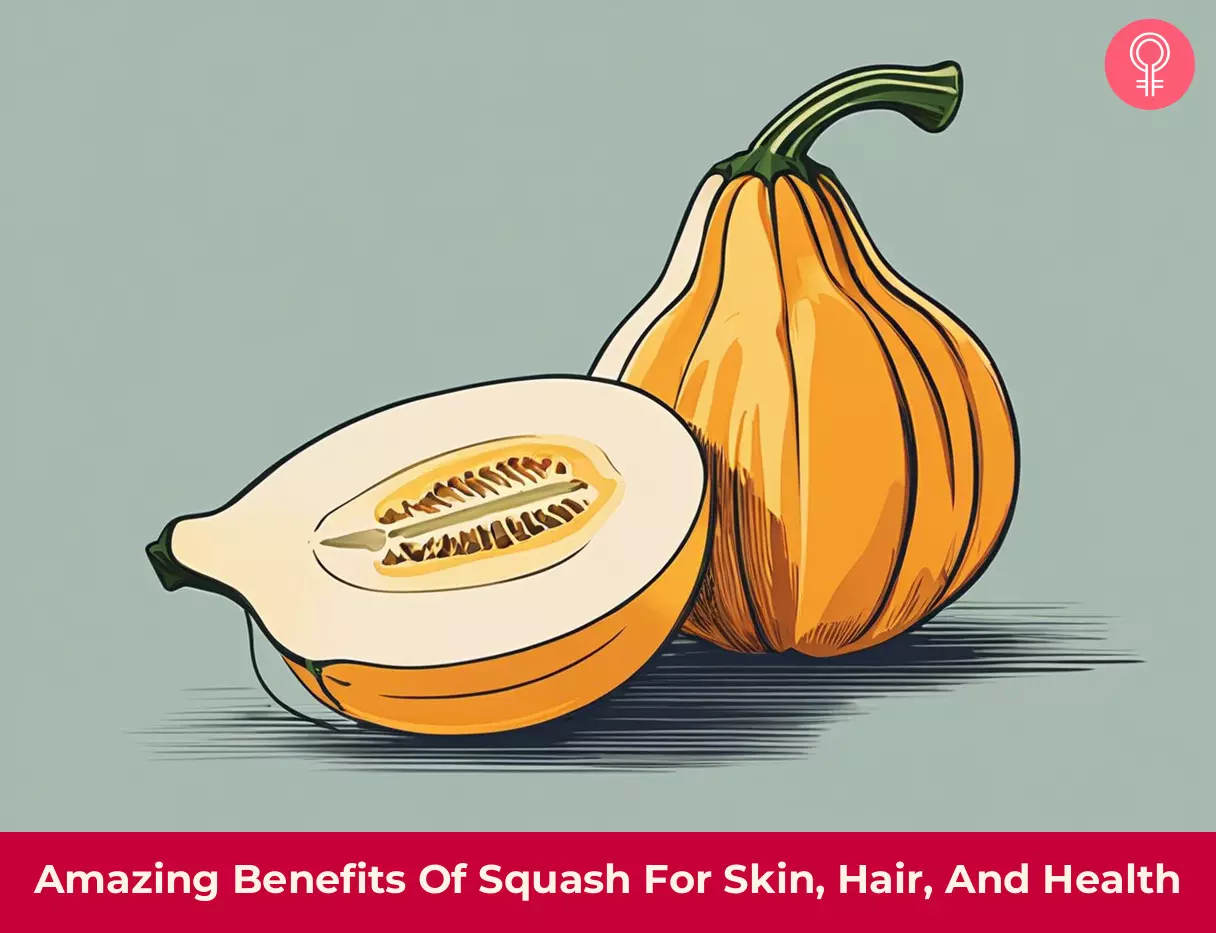
Image: Stable Diffusion/StyleCraze Design Team
Learn about the amazing nutritional profile of the humble squash. Watch this informative video and discover how this vegetable can benefit your health and general well-being.
Personal Experience: Source
StyleCraze's articles are interwoven with authentic personal narratives that provide depth and resonance to our content. Below are the sources of the personal accounts referenced in this article.
i. Spaghetti Squash is Magichttps://dcvegetarian.wordpress.com/2012/07/30/spaghetti-squash-is-magic/
References
Articles on StyleCraze are backed by verified information from peer-reviewed and academic research papers, reputed organizations, research institutions, and medical associations to ensure accuracy and relevance. Read our editorial policy to learn more.
- Phytochemical profiles and nutritional composition of squash (Cucurbita moschata D.) from Tunisia
https://www.researchgate.net/publication/338503099_Phytochemical_profiles_and_nutritional_composition_of_squash_Cucurbita_moschata_D_from_Tunisia - Squash, winter, acorn, raw
https://fdc.nal.usda.gov/fdc-app.html#/food-details/168472/nutrients - Physicochemical, nutritional and functional properties of Cucurbita moschata
https://www.ncbi.nlm.nih.gov/pmc/articles/PMC7914307/ - Association between dietary carotenoid intakes and the risk of asthma in adults: a cross-sectional study of NHANES, 2007–2012
https://www.ncbi.nlm.nih.gov/pmc/articles/PMC9198789/ - Muscle Cramps
https://www.ncbi.nlm.nih.gov/books/NBK499895/
Read full bio of Dr. Zeel Gandhi
- Barbara Kovalenko is a nutritional consultant with 4 years of experience in nutrition and mindful eating coaching. She earned her bachelor's degree in nutrition from Bogomolets National Medical University, Ukraine and master's degree from Boston University, USA.
 Barbara Kovalenko is a nutritional consultant with 4 years of experience in nutrition and mindful eating coaching. She earned her bachelor's degree in nutrition from Bogomolets National Medical University, Ukraine and master's degree from Boston University, USA.
Barbara Kovalenko is a nutritional consultant with 4 years of experience in nutrition and mindful eating coaching. She earned her bachelor's degree in nutrition from Bogomolets National Medical University, Ukraine and master's degree from Boston University, USA.
Read full bio of Tanya Choudhary
Read full bio of Ravi Teja Tadimalla
Read full bio of Moksha Gandhi





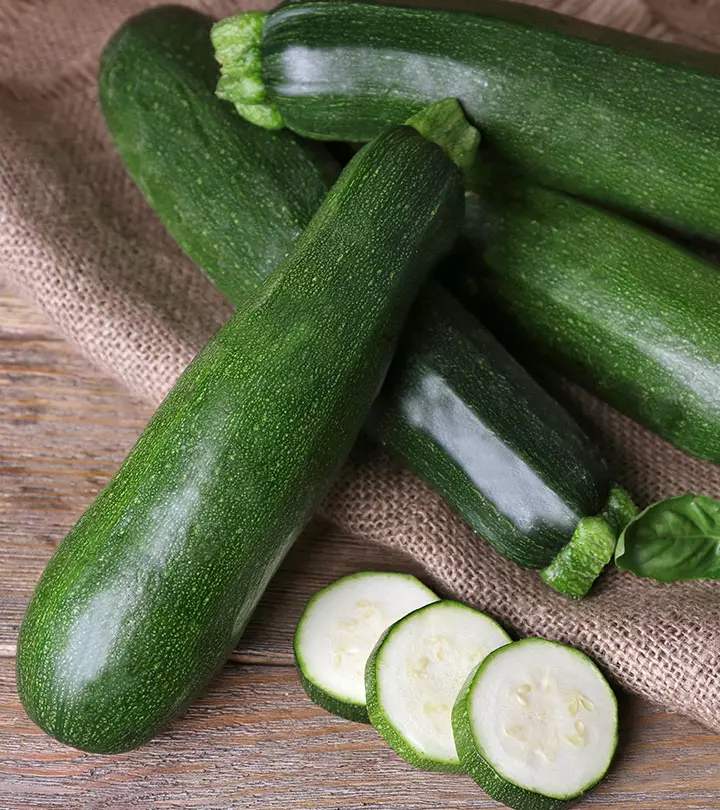
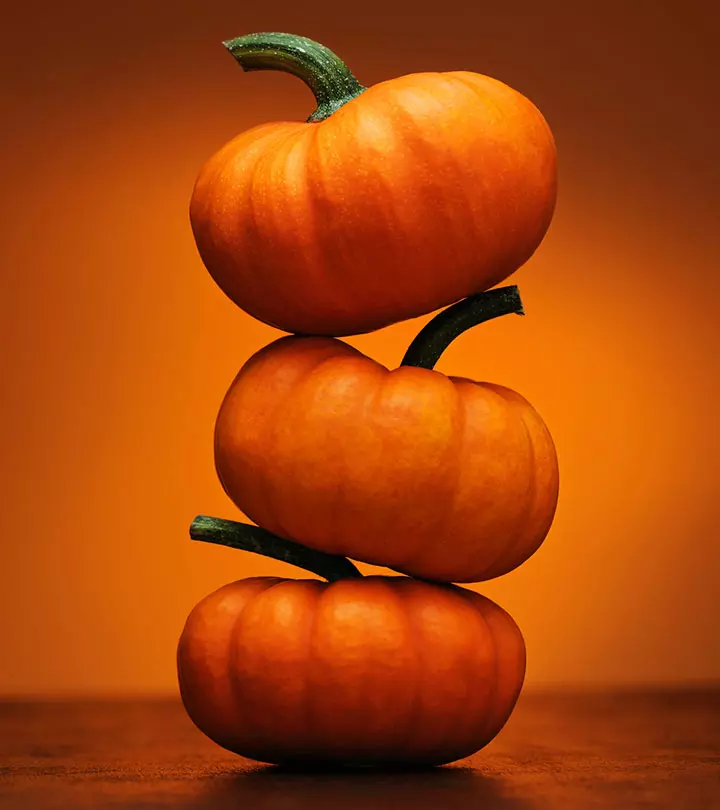
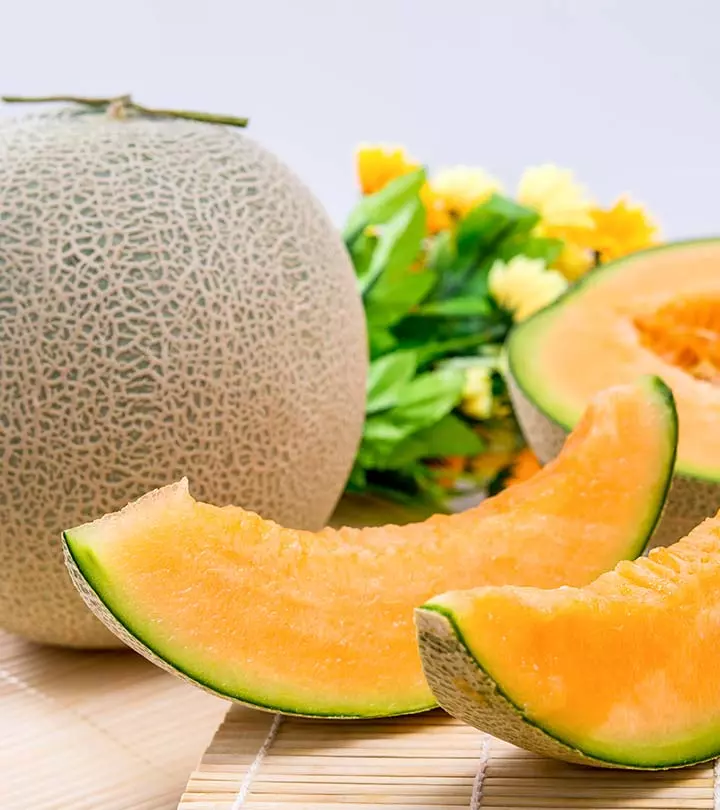
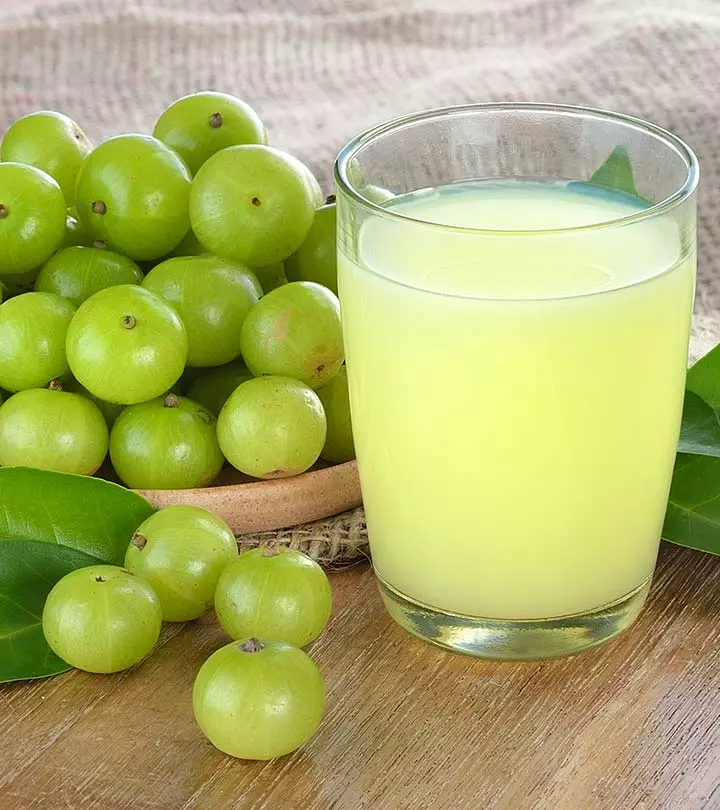
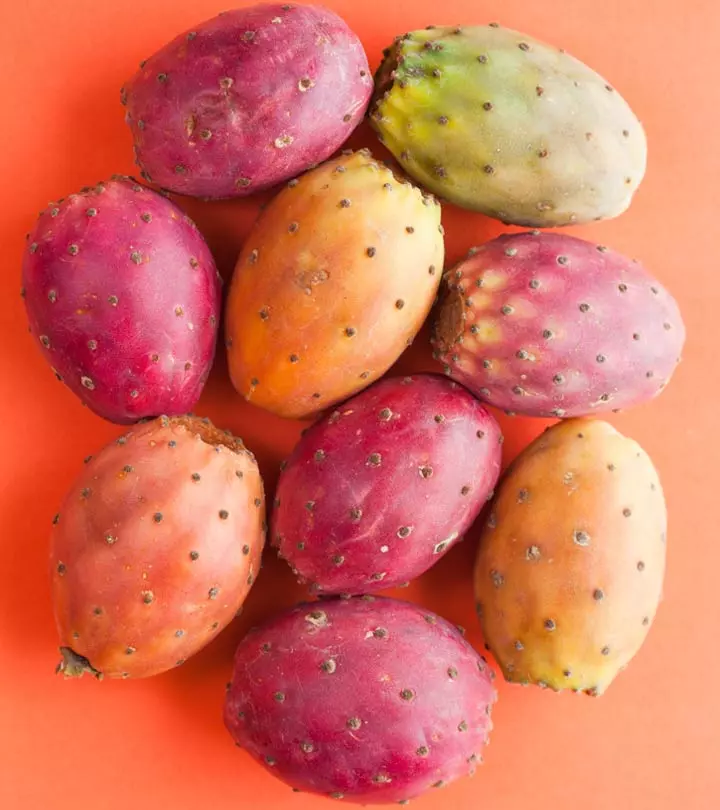
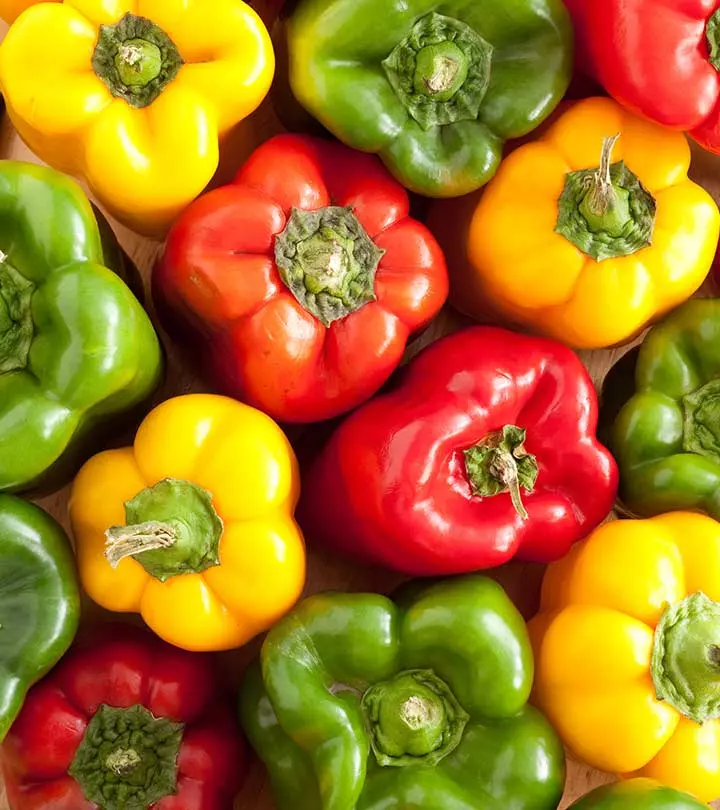
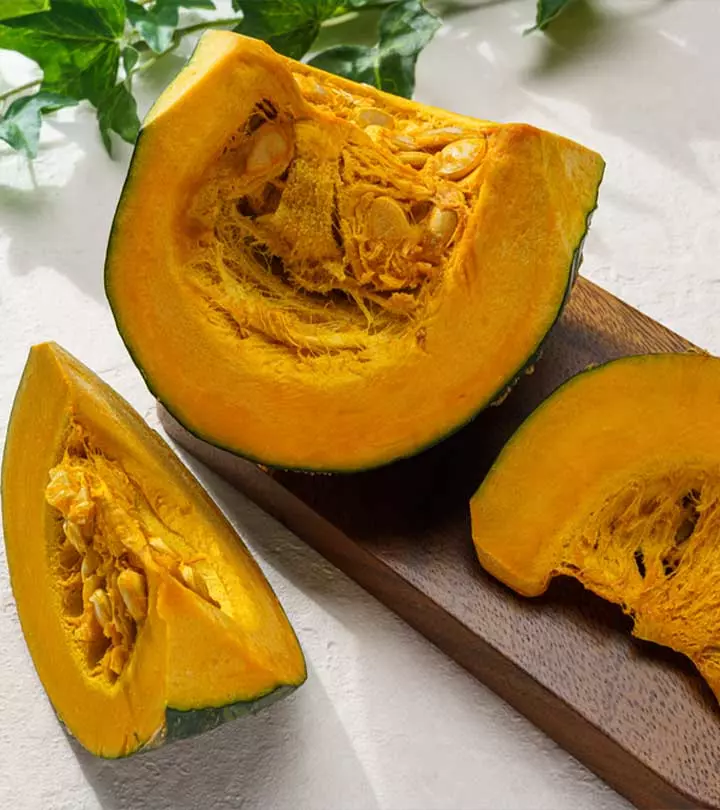

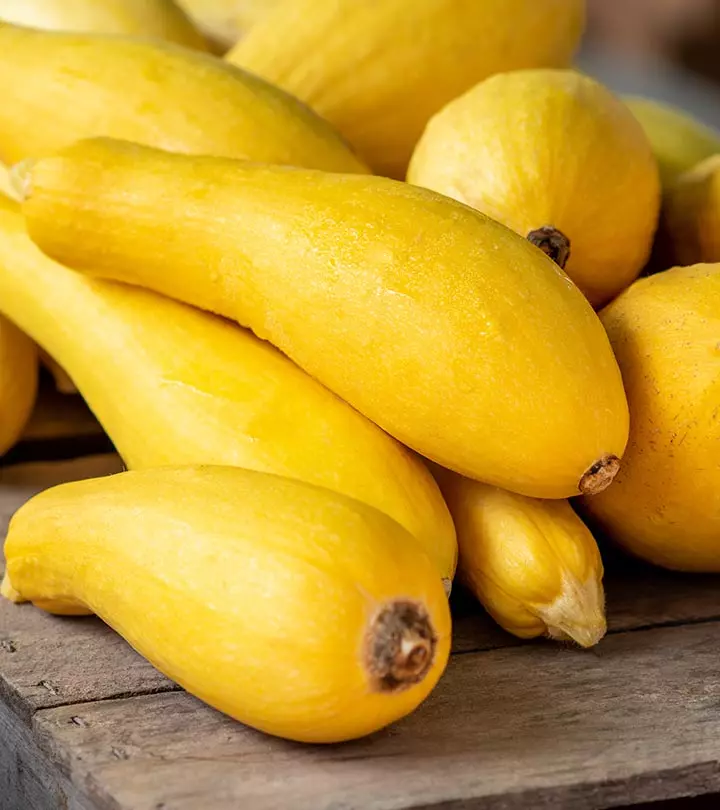
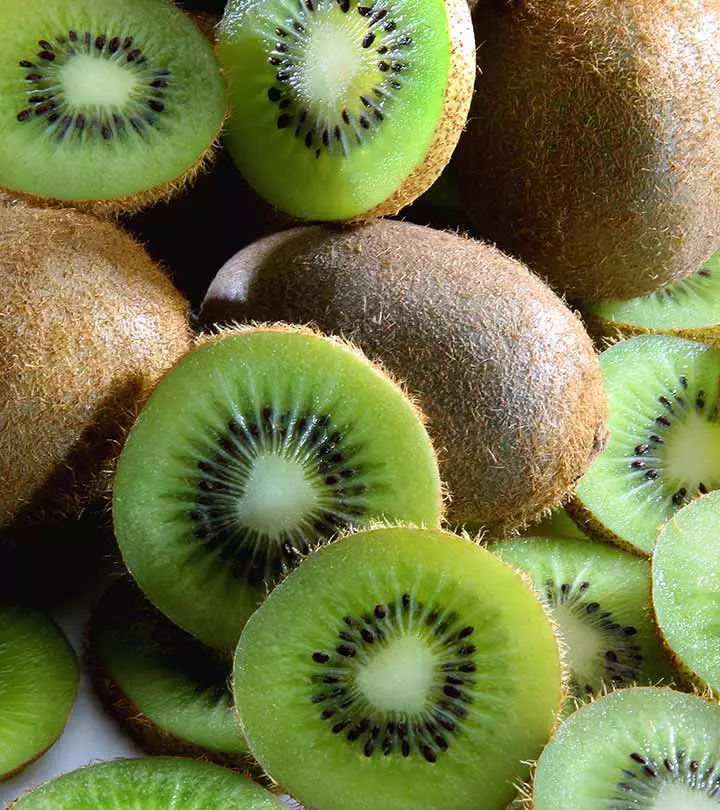
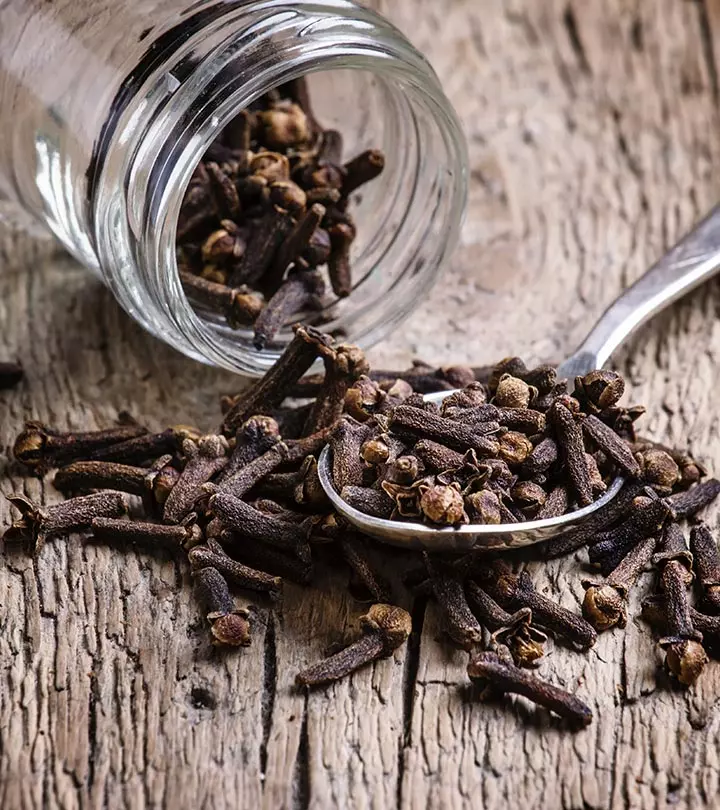
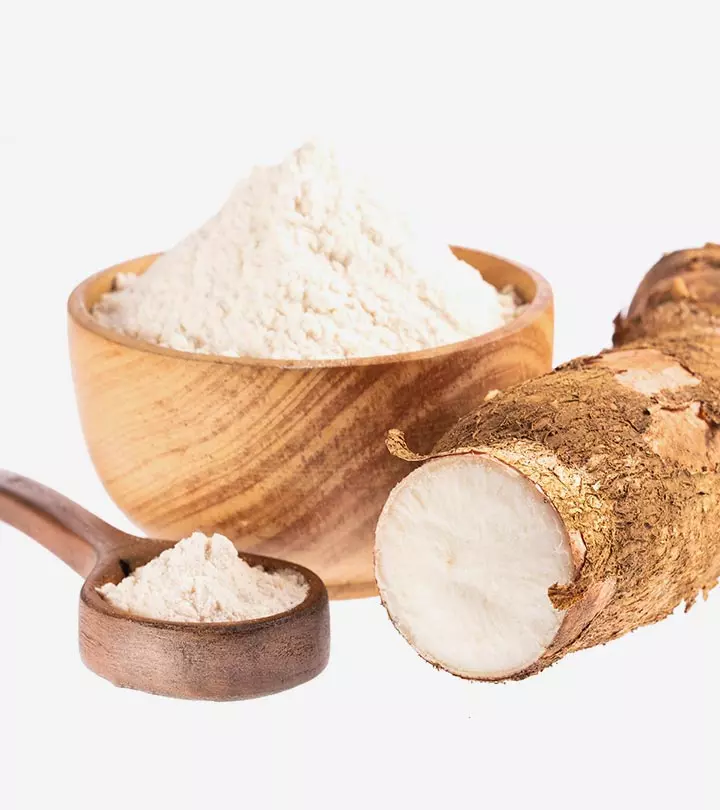
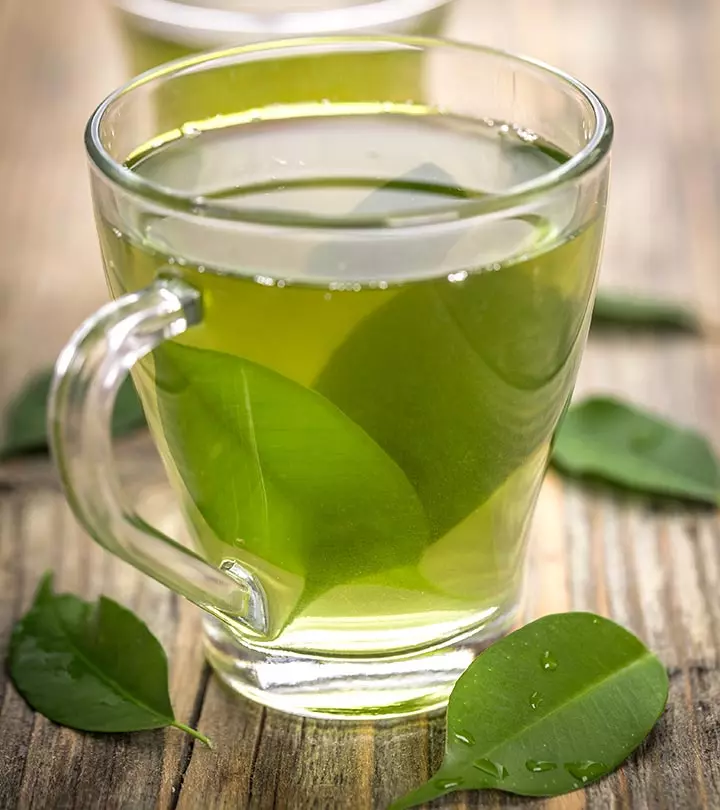
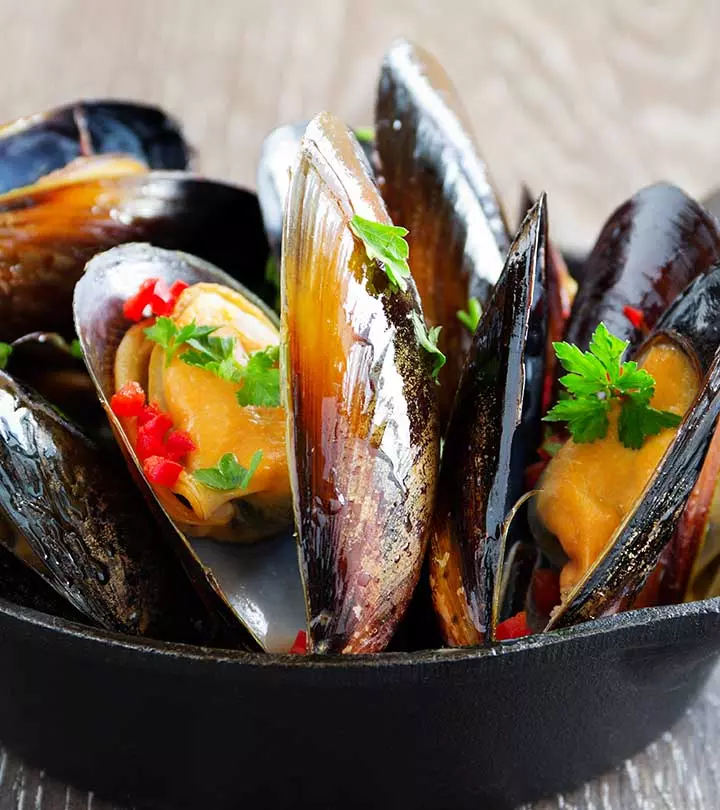
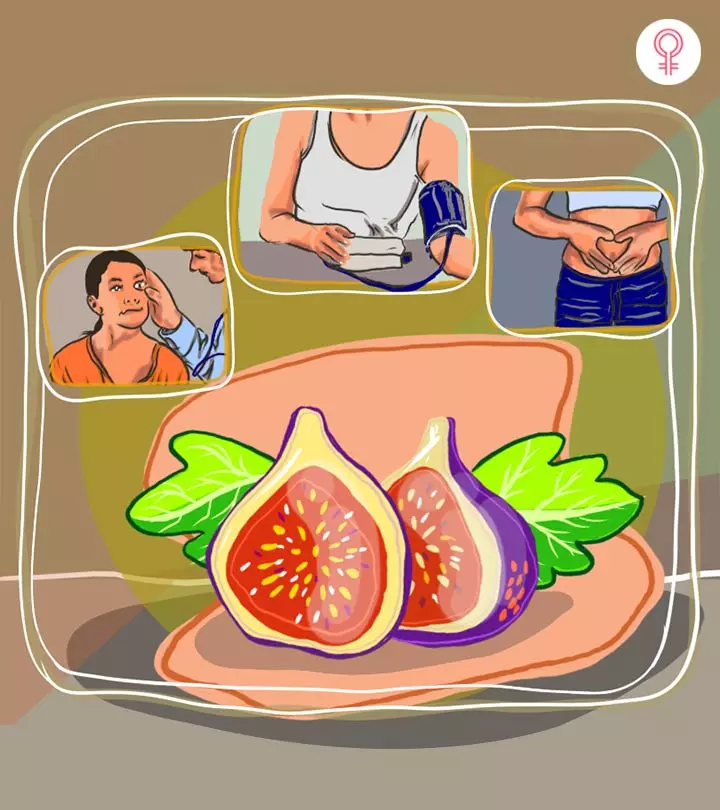
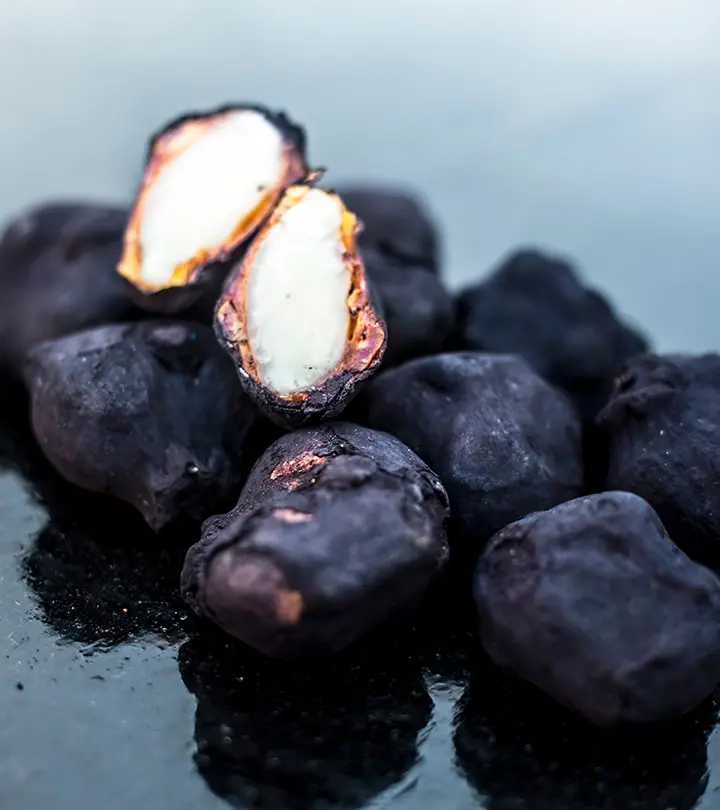
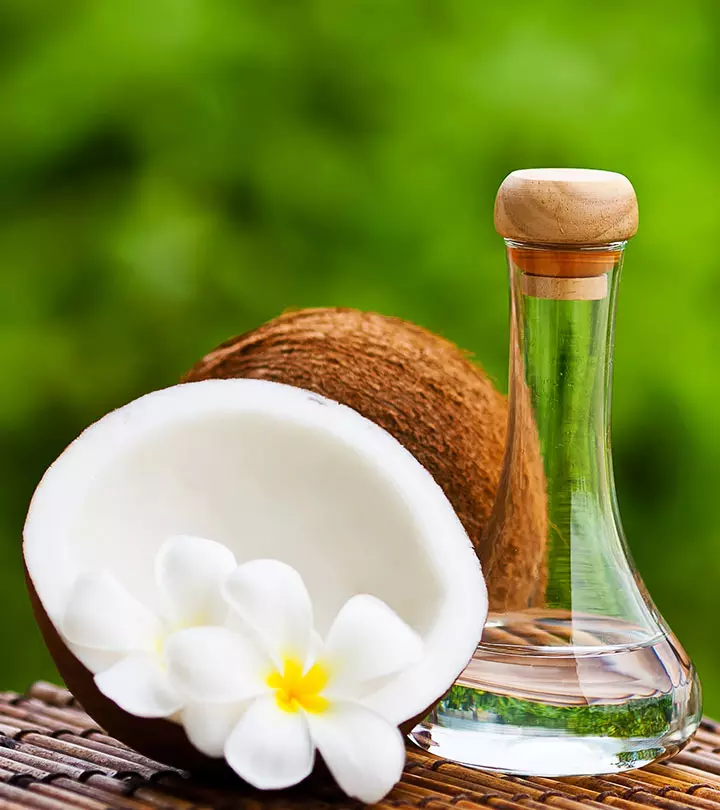
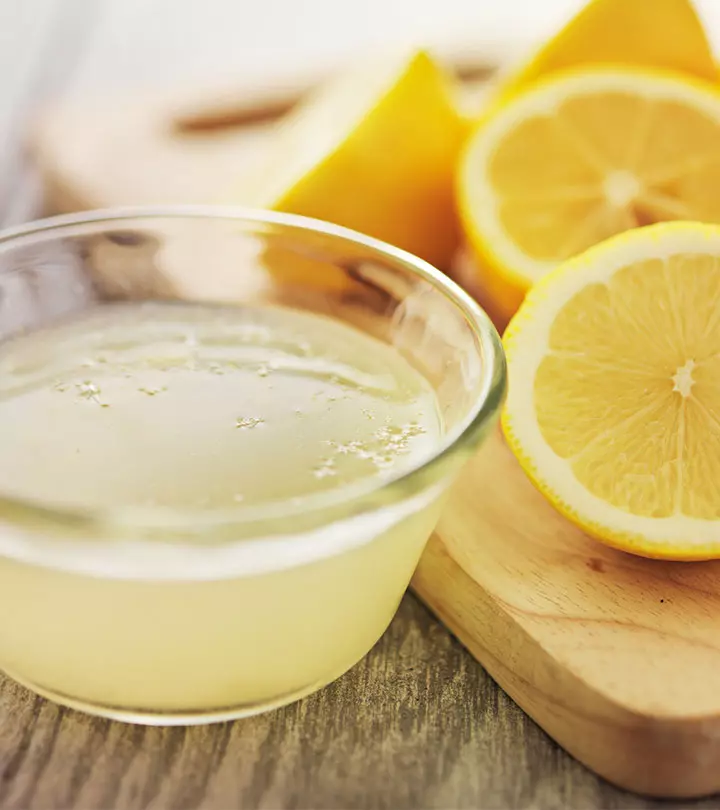

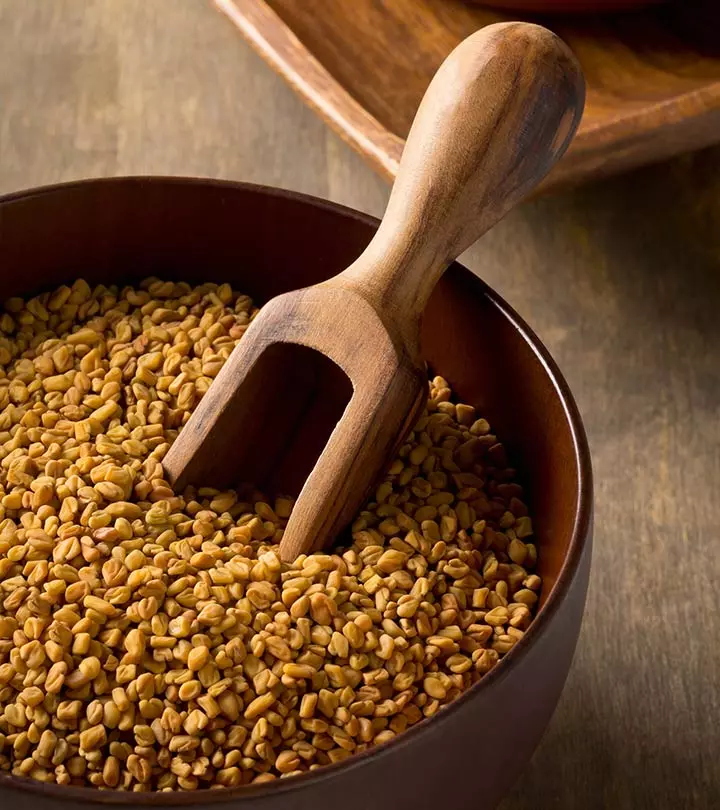
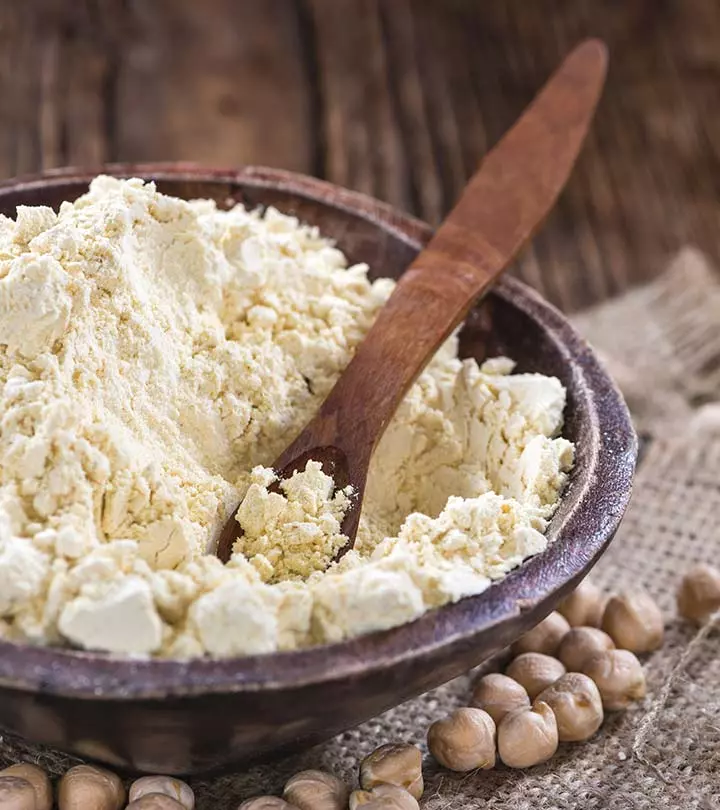

Community Experiences
Join the conversation and become a part of our empowering community! Share your stories, experiences, and insights to connect with other beauty, lifestyle, and health enthusiasts.